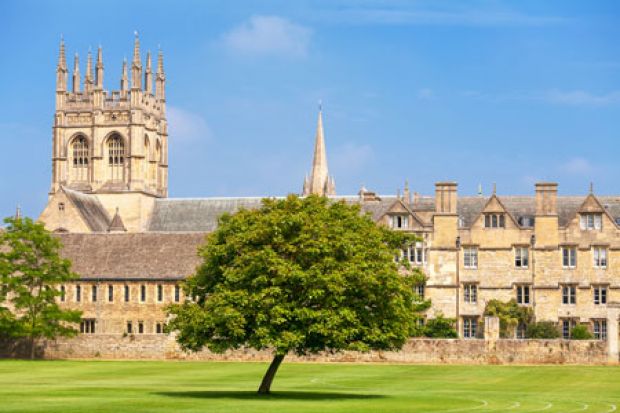The research, carried out by the Social Mobility and Child Poverty Commission, analysed the educational backgrounds of more than 4,000 people in positions of power.
It found that those educated at independent schools and Oxbridge were severely overrepresented in this group.
Among the most dramatic findings: 71 per cent of senior judges, 62 per cent of senior armed forces officers, 55 per cent of civil service permanent secretaries, and 53 per cent of senior diplomats had attended independent schools – compared with 7 per cent of the UK population as a whole.
The Commission – formed as part of the Child Poverty Act of 2010 to improve social mobility – also found that 75 per cent of senior judges, 59 per cent of the Cabinet and 50 per cent of diplomats had attended Oxbridge. Less than one per cent of the general public go to the universities of Oxford or Cambridge.
Chair of the commission, former Labour Cabinet minister Alan Milburn, said the findings showed that efforts by successive governments to improve the professional prospects of the poor had failed. “The institutions that matter appear to be a cosy club. It is hard to avoid the conclusion that Britain is deeply elitist,” he said.
Of the FTSE 350 chief executives educated in Britain, 41 per cent went to private school. Of those in the Sunday Times Rich List 60 per cent were educated privately, whereas over a quarter of those on the Rich List did not attend university.
The study also found that the judiciary is the professional group whose members benefitted from the most advantaged educational backgrounds, with 14 per cent of judges having attended one of five elite independent schools: Eton, Westminster and St Paul’s Boys’ School among them.
Register to continue
Why register?
- Registration is free and only takes a moment
- Once registered, you can read 3 articles a month
- Sign up for our newsletter
Subscribe
Or subscribe for unlimited access to:
- Unlimited access to news, views, insights & reviews
- Digital editions
- Digital access to THE’s university and college rankings analysis
Already registered or a current subscriber? Login




